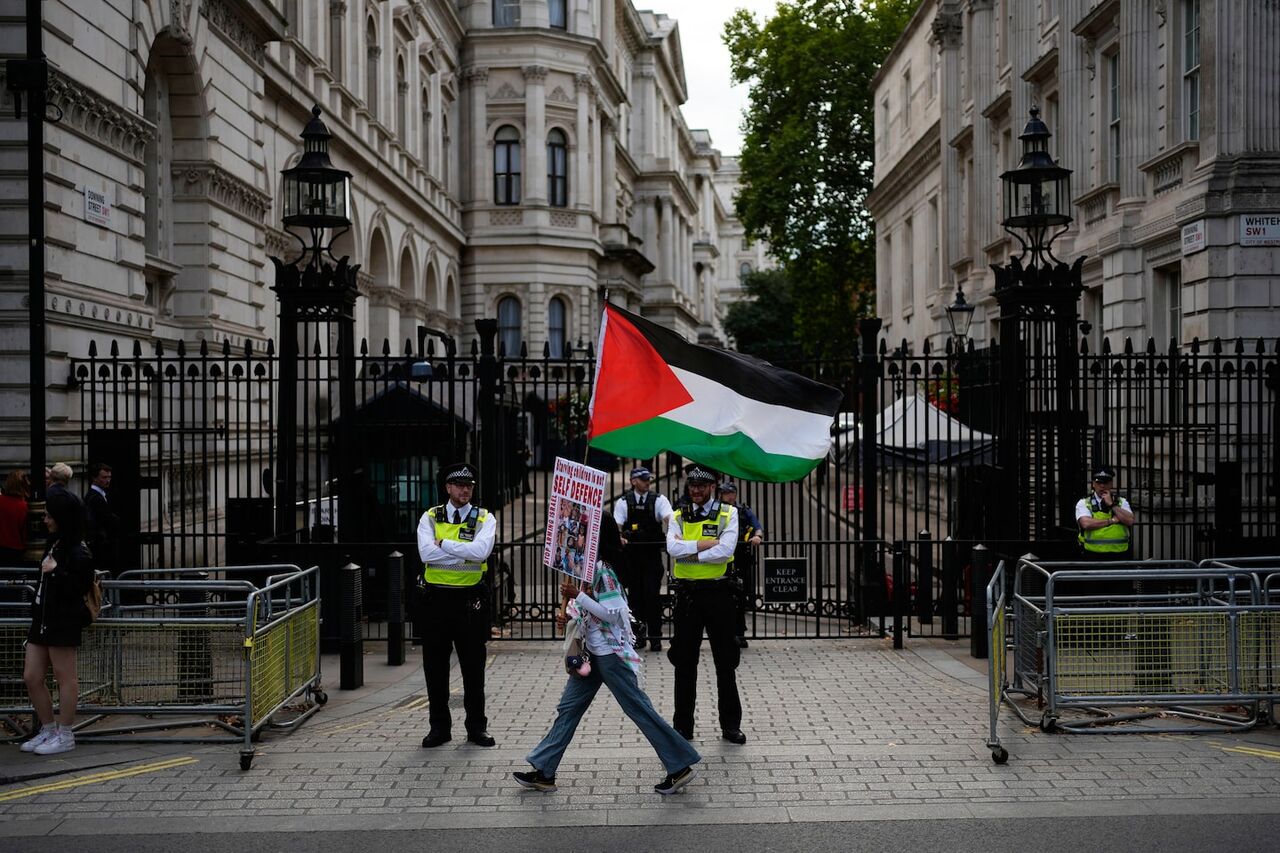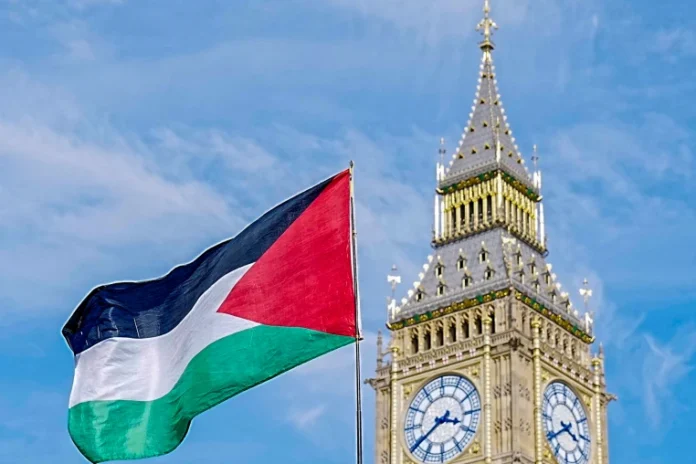In a landmark diplomatic move, the United Kingdom, Canada, and Australia have formally recognized Palestine as a sovereign state. The coordinated announcements mark a significant departure from long-standing U.S. policy and add new momentum to global calls for a two-state solution. The decision comes amid intensifying pressure on Israel over its ongoing military operations in Gaza and is expected to influence other nations ahead of the United Nations General Assembly.
A Major Diplomatic Shift Away from Washington

British Prime Minister Keir Starmer confirmed the recognition, citing Israel’s failure to meet conditions laid out in July, including a lasting ceasefire in Gaza and unhindered humanitarian access.
Canadian Prime Minister Mark Carney and Australian Prime Minister Anthony Albanese issued nearly simultaneous statements. Carney accused Israel’s current government of working to block Palestinian statehood, while Albanese’s office emphasized that recognition was consistent with Australia’s “longstanding support for a two-state solution.”
This unified diplomatic stance sharply contrasts with the position of the Trump administration, which has strongly opposed recognition. U.S. Secretary of State Marco Rubio argued the move “undermines negotiations, emboldens Hamas, and jeopardizes long-term peace efforts.” Former U.S. President Donald Trump, who recently met with Starmer in London, had already signaled disagreement, calling the UK’s plan “one of our few disagreements.”
Growing International Support for Palestinian Statehood

The recognition by three major Western allies could accelerate momentum among other UN member states. Palestinian Foreign Minister Varsen Aghabekian confirmed that at least ten additional countries are expected to follow, including France, Portugal, Belgium, Luxembourg, Malta, San Marino, and Andorra.
If these declarations move forward, the number of UN member states officially recognizing Palestine will rise to 159 out of 193.
The announcements also come just days before a high-level peace conference in New York, co-hosted by France and Saudi Arabia, designed to revive stalled negotiations on the two-state framework. French President Emmanuel Macron has already pledged that France will formally recognize Palestine during the event.
Conditions Attached to Recognition
While the announcements are being celebrated in Ramallah, they come with conditions. All three nations stressed that Hamas must play no role in governance and that the Palestinian Authority (PA) must commit to democratic reforms. Canada and Australia specifically highlighted requirements for 2026 elections and steps toward demilitarization.
The recognition is largely symbolic at this stage, as Israel continues to maintain military control over the West Bank and Gaza. Israeli Prime Minister Benjamin Netanyahu has dismissed the move outright, reiterating that “there will be no Palestinian state.” His government has also advanced new settlement construction in the West Bank in direct defiance of international appeals.
Impact on U.S. and Israeli Relations
The coordinated decision by three of America’s closest allies places Washington in an increasingly isolated position ahead of the UN General Assembly. Analysts say the split underscores a growing rift between the U.S. and its Western partners over how to address the Gaza conflict and long-term Middle East peace.
For Israel, the recognition represents an escalating challenge. While it does not alter the reality on the ground, it increases diplomatic pressure and strengthens the Palestinian case in international forums, including the International Criminal Court (ICC).
What This Means for the Future
Experts note that while recognition will not immediately change conditions in Gaza or the West Bank, it represents a powerful symbolic victory for Palestinians who have long sought global acknowledgment of statehood.
The announcements also raise expectations for renewed international negotiations, though skepticism remains over whether Israel will engage. The Israeli government has warned it may respond with further annexation measures, deepening tensions in an already volatile region.
Still, for many in the international community, the coordinated recognition by the UK, Canada, and Australia signals a turning point in the decades-long push for Palestinian independence. As more nations line up behind the two-state solution, pressure is mounting on Israel and the United States to reassess their positions.
Conclusion
The joint decision by the UK, Canada, and Australia to recognize Palestine as an independent and sovereign state marks one of the most significant diplomatic shifts in recent years. While largely symbolic for now, the move carries global weight and could reshape the debate over peace in the Middle East. With more countries expected to join the recognition wave during the UN General Assembly, the future of Palestinian statehood is once again at the center of international diplomacy.
Sources: CNN

